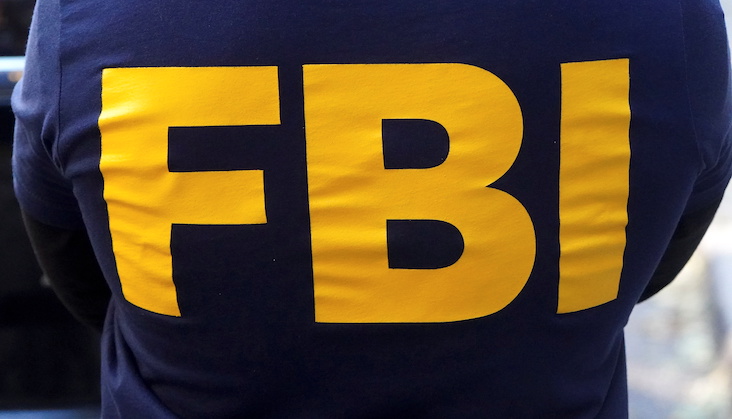The Nigerian Economic and Financial Crime Commission (EFCC) arrested Osondu Victor Igwilo alongside three other suspects at a studio in Lagos, according to Nigerian authorities. The agency has recovered five houses around Nigeria’s largest city from him.
The arrest prompted a congratulatory tweet from the US Embassy in Abuja.
“With Justice as our mutual priority, we congratulate @officialEFCC for partnering with the @FBI & arresting long-time wanted suspect Igwilo for fraud conspiracy, money laundering and aggravated identity theft,” the mission said.
With Justice as our mutual priority, we congratulate @officialEFCC for partnering with the @FBI & arresting long-time wanted suspect Igwilo for fraud conspiracy, money laundering and aggravated identity theft. pic.twitter.com/iLTWuQ98MO
— U.S. Mission Nigeria (@USinNigeria) March 14, 2022
The 52-year-old Igwilo has been on the Federal Bureau of Investigation’s wanted list since 2018 following a criminal complaint filed in US federal court in Houston, Texas, back in December 2016. The complaint alleges that between November 2014 and December 2016, Igwilo led a criminal network that tricked victims into parting with advance fees in exchange for fake promises of investment funding and then laundered the proceeds through US bank accounts.
Criminal complaint
The criminal complaint, unsealed in December 2018, charges Igwilo with wire fraud conspiracy, money laundering conspiracy and aggravated identity theft. It accuses him of being the leader of a criminal network of “catchers” who sent phishing emails to potential victims falsely offering investment funding on behalf of BB&T Corporation, a U.S. bank headquartered in North Carolina.
“When victims were interested in the supposed investment funding, Igwilo allegedly dispatched U.S. citizens whom he had recruited over the internet to pose as ‘representatives’ of BB&T to meet in person with the victims and sign a supposed investment agreement on behalf of BB&T,” according to the US Department of Justice. “When traveling to the countries where the victims resided, these representatives, at Igwilo’s direction, would visit the local U.S. embassy or consulate and employ fake documents with fraudulent seals of the U.S. government to deceive the victims into believing that the investment agreement was sponsored by the U.S. government.”
The “catchers” then convinced their alleged victims to make wire payments to US bank accounts on the false belief that such payments were necessary to effectuate the investment agreements. Those US bank accounts were owned by “money movers” who disposed of the funds as directed by Igwilo, according to the Department of Justice, “including by purchasing luxury vehicles, from brands such as Mercedes Benz and Range Rover, and shipping them to Nigeria.”
At least eight other individuals have been charged in connection with the scheme. The case is ongoing.
Extradition procedure
Asked if the US is seeking Igwilo’s extradition, a spokesperson for the US Department of Justice said the agency does not comment on extradition-related matters “as a matter of policy.” The department however previously acknowledged that it had requested the extradition of Igwilo’s alleged accomplice Uche Diuno when the latter was arrested in Paris, France back in November 2018.
Nigeria has had an extradition treaty with the United States dating back to 1935, when it was still a British colony. Anyone for whom extradition is sought can go to court to challenge the request.
Extraditions from Nigeria to the United States are not uncommon, notably for fraud cases. Earlier this month Justice Minister Abubakar Malami announced that he had begun extradition proceedings, at the request of the US Embassy in Abuja, for Abba Kyari, a former commander of the Special Anti-Robbery Squad (SARS) wanted in the US for alleged wire fraud, money laundering and identity theft.

